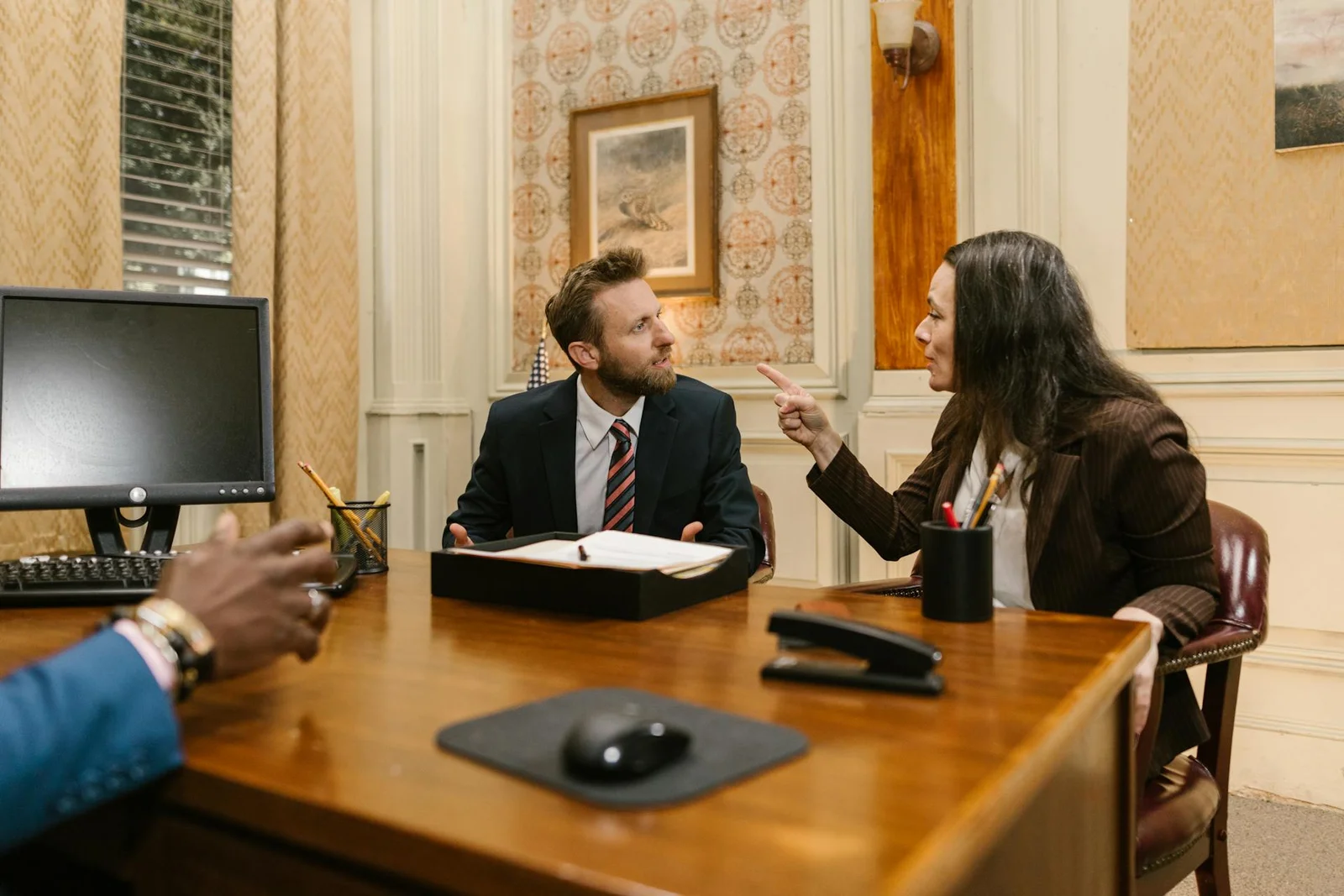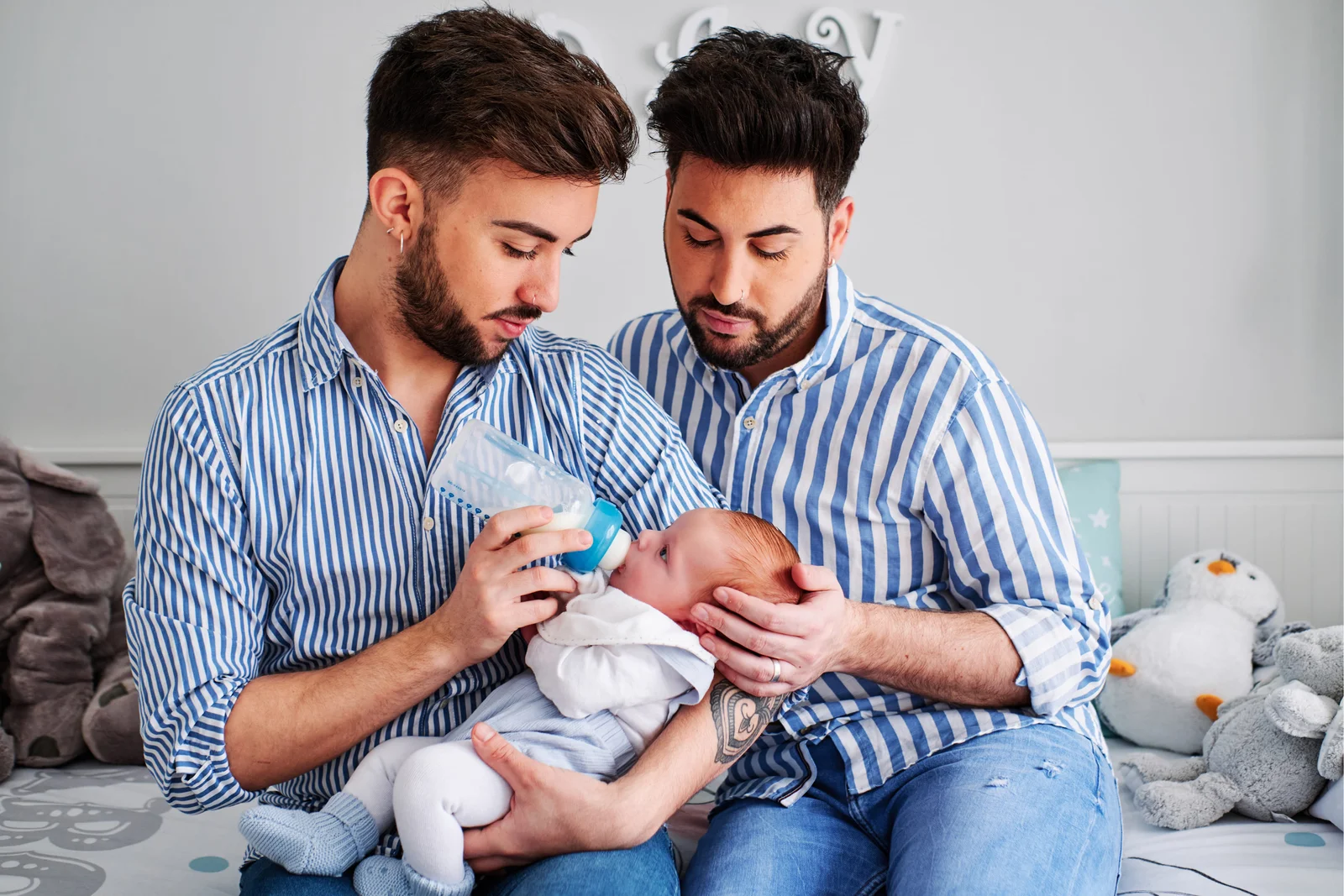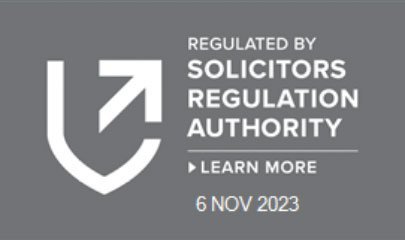What is surrogacy?
Surrogacy is an arrangement in which a woman becomes pregnant and gives birth to a child for another person, or couple, who will become the legal parent(s) of the child. There are two main types of surrogacy available to gay couples in UK:
- “Traditional Surrogacy”when the surrogate’s own eggs are used with the sperm of one of the commissioning / intended Dads.
- “Gestational Surrogacy”when donor eggs are used and the surrogate is unrelated to the child.
Surrogacy is becoming popular amongst gay couples as it enables one father to be biologically related to the child.
Will we be our child’s legal parents?
In UK, it is only possible for one of you to be recognised as a legal parent on birth. This is because a child can only have two legal parents at one time and the birth mother will initially be recognised as one of those parents, even if she is acting as a surrogate with donor eggs.
If you are biologically related to the child your name can be put on the birth certificate as the child’s other parent, assuming your surrogate is not married or in a civil partnership. If your surrogate has a legally recognised spouse, that spouse will initially be child’s other legal parent, even if they do not have a genetic link to the child. In this situation the biological father will need to apply for a Parental Order to extinguish the legal status of the spouse and transfer it to himself.
Where does this leave the intended father without a biological connection?
The child’s other intended father will usually make an application for a Parental Order in conjunction with the biological father. This will extinguish the status of the surrogate birth mother leaving the intended fathers as the two people with parental responsibility. The application must be made within 6 months of the child being born but cannot be made less than 6 weeks after the birth. If a Parental Order is granted, then parental responsibility will be transferred to the intended parents and a new birth certificate can be issued with both father’s names on it. It is advisable to make the application as soon as possible as your child, who would usually be in your custody from birth, will be in a legal limbo until you have parental responsibility.
What is Parental Responsibility?
Parental Responsibility is legally defined as “all the rights, duties, powers, responsibilities and authorities which by law a parent of a child has in relation to the child and the child’s property.” It includes the responsibility of providing for and protecting the child.
Only people with Parental Responsibility can legally make important decisions in their child’s life, such as which school the child attends and authorising medical treatment.
Do we both need to have Parental Responsibility?
Although it might not seem like a big issue as you can still make joint decisions, it is advisable for both of the child’s intended parents to gain parental responsibility or you may encounter day-to-day issues. For example, if the father without parental responsibility needs to take the child to hospital on his own, he will not be able to authorise emergency treatment.
If something happens to the father with parental responsibility and the parental responsibility of the surrogate mother has not been extinguished, she will be legally responsible for the child. This can leave the child vulnerable at a time when they most need certainty in their life.
If you do not have valid Wills, there can also be issues with inheritance as your parental role will not be recognised by the Courts and the surrogate mother could become a Trustee of the child’s inheritance by default. Our blog on The Importance of Wills in Safeguarding Your Child’s Future explains more.
What if our child is born abroad?
Due to restrictive regulations, including the prevention of advertising and commercial gain in surrogacy in UK, it is common to use a surrogate based overseas. Popular countries include USA and Canada where commercial surrogacy is legal and parental responsibility can be transferred at birth. In this situation you may need to gain parental responsibility in both the country of birth and in UK, so it is advisable to seek legal advice in both jurisdictions before any attempt to conceive.
As UK law stands, unless you obtain a Parental Order in UK, the surrogate and her legal partner (if relevant) will still be recognised as your child’s parents in UK, regardless of your status in the birth country.
LEGAL ADVICE
If you would like legal advice on any stage of the surrogacy process including gaining parental responsibility for your child or surrogacy disputes, you can contact Louise Allard or Sabrina Bailey on 020 7993 2936 or make an enquiry through our online system.
































































